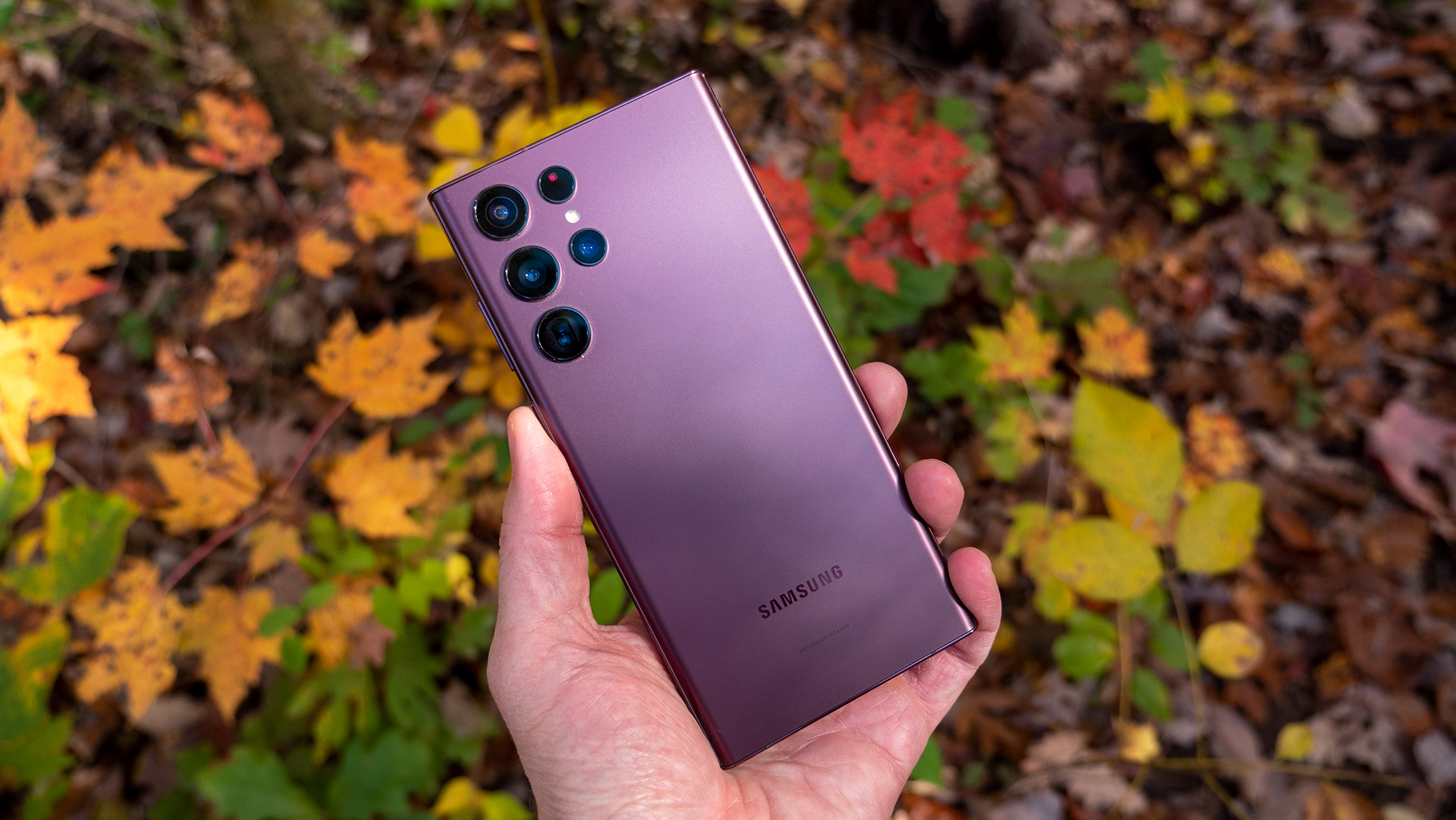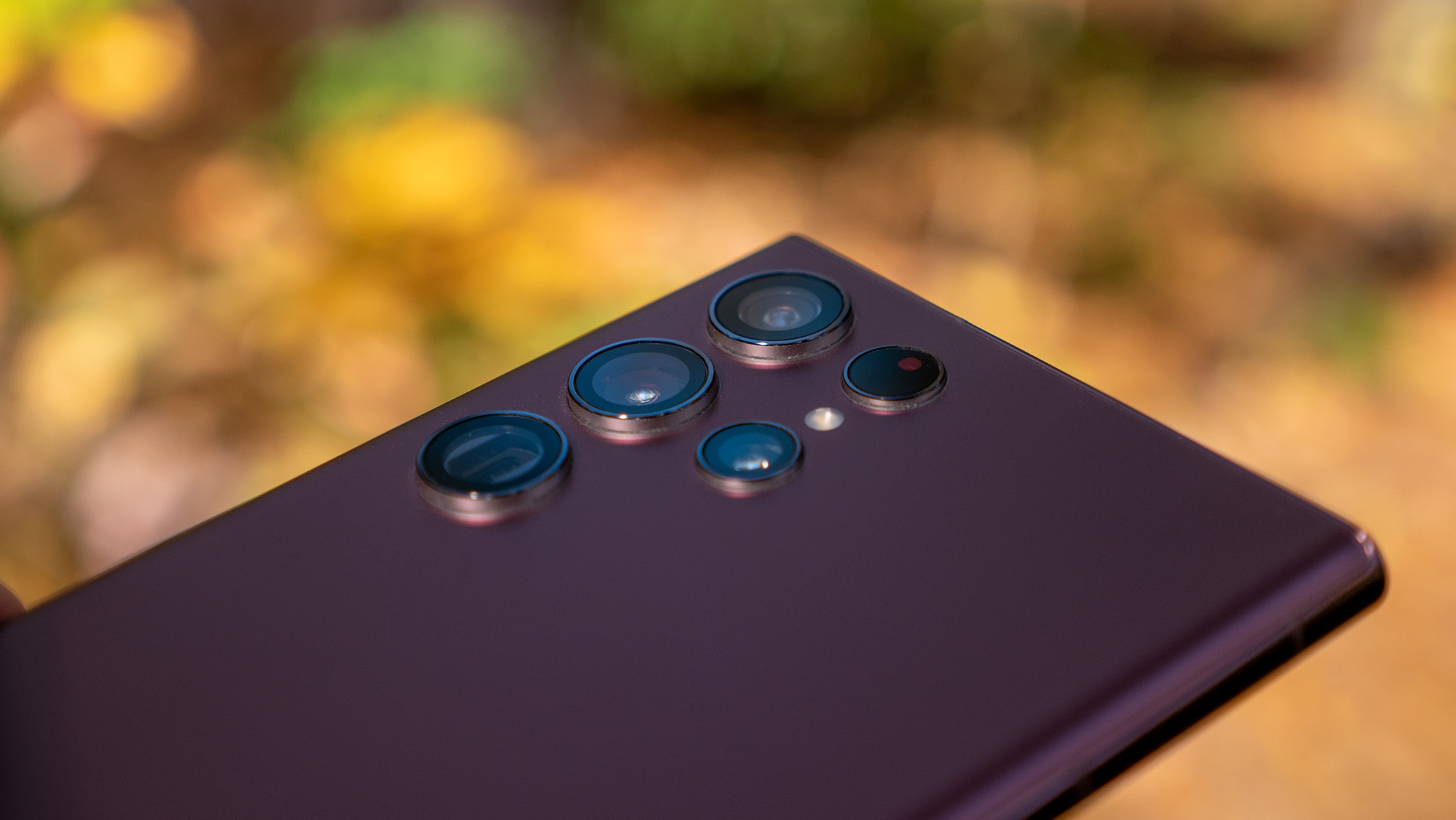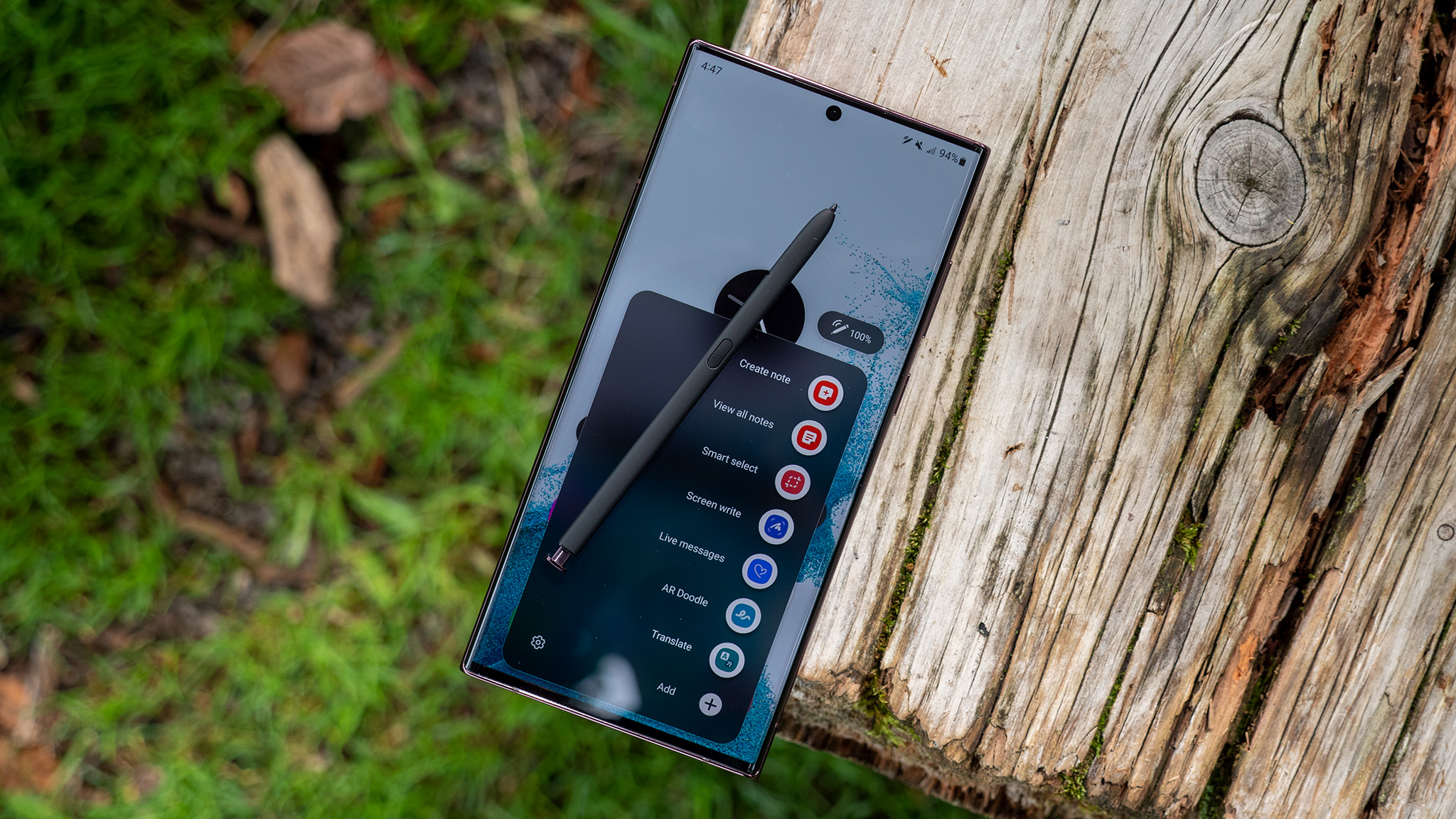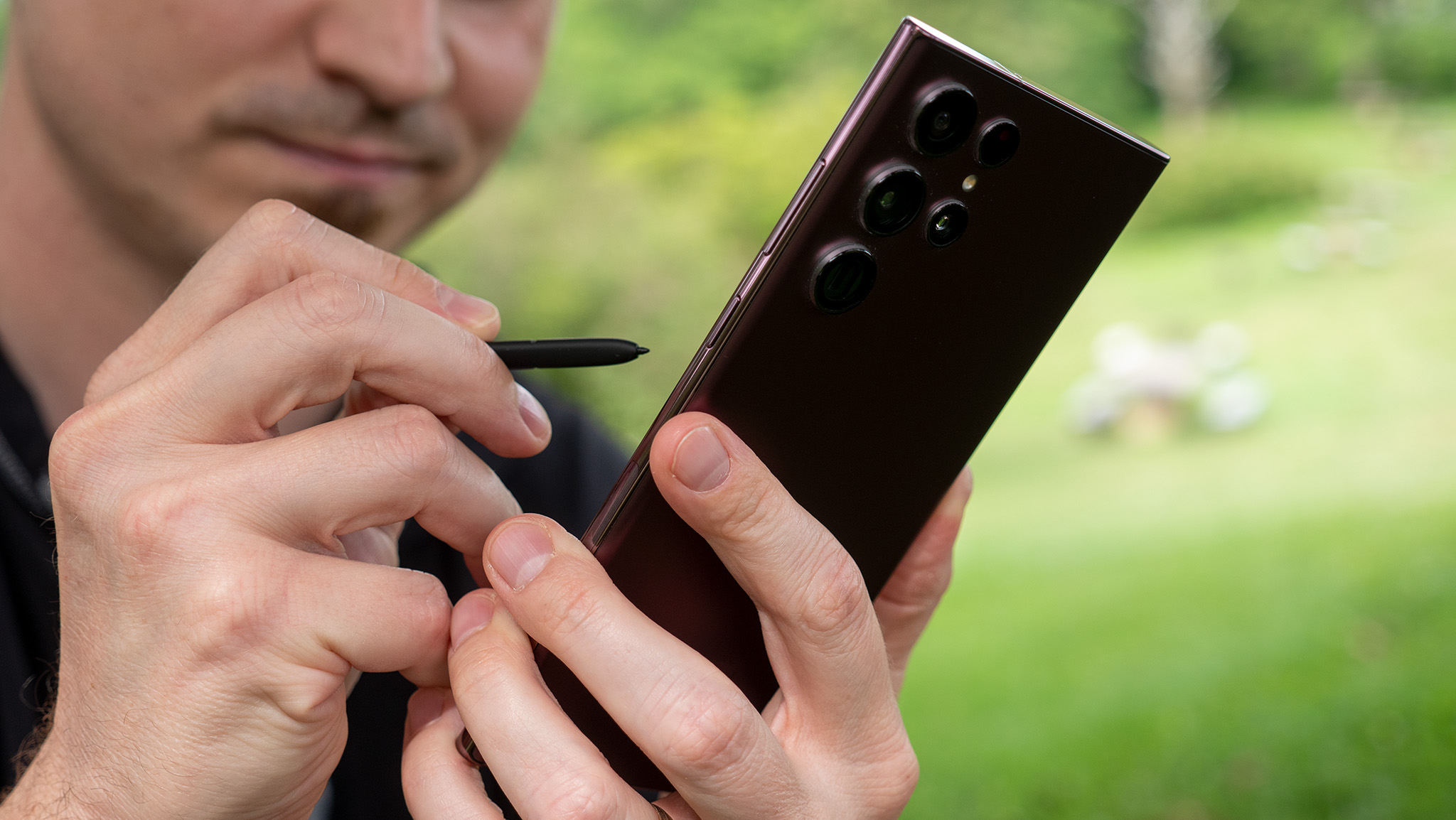
You may or may not have read my rant about how my beloved Pixel 6 crapped out on me after a mere two years. A phone that I cherished so much turned into a nearly unusable device in that period, and I was left feeling very sad but mostly disappointed and frustrated with Google.
So, the question that I was asked the most after expressing my disappointment was simple: what phone will I use next? After all, my experience with the poor build quality of a Pixel clearly meant that I would be changing brands.
Now, I am a curious cat by nature and love to experiment with tech. This should not come as a surprise, considering the line of work I am in. Anywho, the tech nerd inside me decided to pick up the Pixel 6's greatest competitor at the time of its release and see how things had turned out for it. If it's not obvious enough, I'm talking about the Samsung Galaxy S22 Ultra.

For scientific purposes, I found myself a used and abused old S22 Ultra that was in a reasonable condition, similar to the state of my Google Pixel 6. See, I wanted to be sure that I was doing justice to both brands. This comparison wouldn't be fair if it was a fresh unit or one that was preserved in mint condition over the years.
It's been a little over a month since I switched over to the Galaxy S22 Ultra. Before I jump into the specifics, let me get this straight. It is an undeniable fact that the S22 Ultra aged far more gracefully than the Pixel 6. You cannot refute this. Samsung gives you a far superior build quality as opposed to Google's plasticky Pixels, which have buttons that fall off.
It is an undeniable fact that the S22 Ultra aged far more gracefully than the Pixel 6.
Having dropped the S22 Ultra a bunch of times flat on its face, I can comfortably say that everything from the chassis to the display is much more durable. Just days after my rant about the Pixel 6 went live, its screen shattered even with a high-quality screen protector and a bumper cover on. What a darn shame, isn't it? And yes, that is sarcasm.
On the other hand, the S22 Ultra with the exact same UV-sealed screen protector and the superb CaseBorne R Series Aluminum Frame case did not even bear a scratch on its display after crashing to the ground. This is after it slammed onto a concrete floor face-first!

That's not to say that the S22 Ultra is better than the Pixel 6 in every regard because it isn't. There were definitely a bunch of things that I greatly missed after making the switch from Samsung Galaxy to Google Pixel. However, the durability and software experience were miles apart.
Speaking about the software, my Galaxy S22 Ultra is currently running One UI 6.0 based on Android 14 and is expected to receive the One UI 6.1 update. Unlike the sluggish Pixel 6, the Wi-Fi and Bluetooth still function perfectly fine, I haven't faced any network issues yet, and the battery life is above par. I don't get more than a whole day out of it, but it's leagues above the Pixel 6, which I was charging twice a day on some days.
In case you're wondering, I did not change anything about my usage style. I've still got hundreds of apps on my phone. Everything from mobile data to Bluetooth and GPS is always on, and I even use mobile hotspots quite often. If anything, my usage probably went up thanks to the S Pen.

It's safe to say that Samsung gives you what you pay for. Even if the Korean brand's smartphones are priced insanely high, at least you know that they will last you a good few years without causing you problems. With Google, on the other hand, you do not have this assurance.
So, the Pixel 6 lasted me two years and a few months in change. What about the S22 Ultra? I'm quite sure this phone can go on for another year with ease. Heck, it might even be good enough for two more years, although the cameras are already starting to show their age. And you know what? That aligns just nicely with Samsung's promise of four years of Android updates and five years of security updates for the S22 Ultra.
A phone that can't even pull its weight for two years should not be guaranteed updates for so long.
Recently, my good colleague Andrew Myrick talked about the ridiculous nature of Google's promise to give seven years of updates to the Pixel 8 and Pixel 8 Pro. I can't help but share resonating sentiments. A phone that can't even pull its weight for two years should not be guaranteed updates for so long. The Pixel 6 was promised three surefire major OS upgrades, all the way up to Android 15. As for security updates, Google promised five years of those.
What is the point of that promise, though? Why bother giving around five years of guaranteed software support if the hardware can't keep up? My mind can't fathom why Google would do such a thing. Either it was really confident in the Pixel 6, or it did not care much about whether the phone could keep up. The company probably assumed people would upgrade to a later model by then. In any case, it's not a good look for Google.
In the end, the findings of my little test were simple. Samsung and Google push regular updates, but only the former builds Android phones with durable hardware that can keep up with the latest software. No matter how good the cameras are or how fun the UI is, none of that is enough to keep you holding onto a phone unless it performs well for at least three years or long enough to match the software promise made by the smartphone maker.







